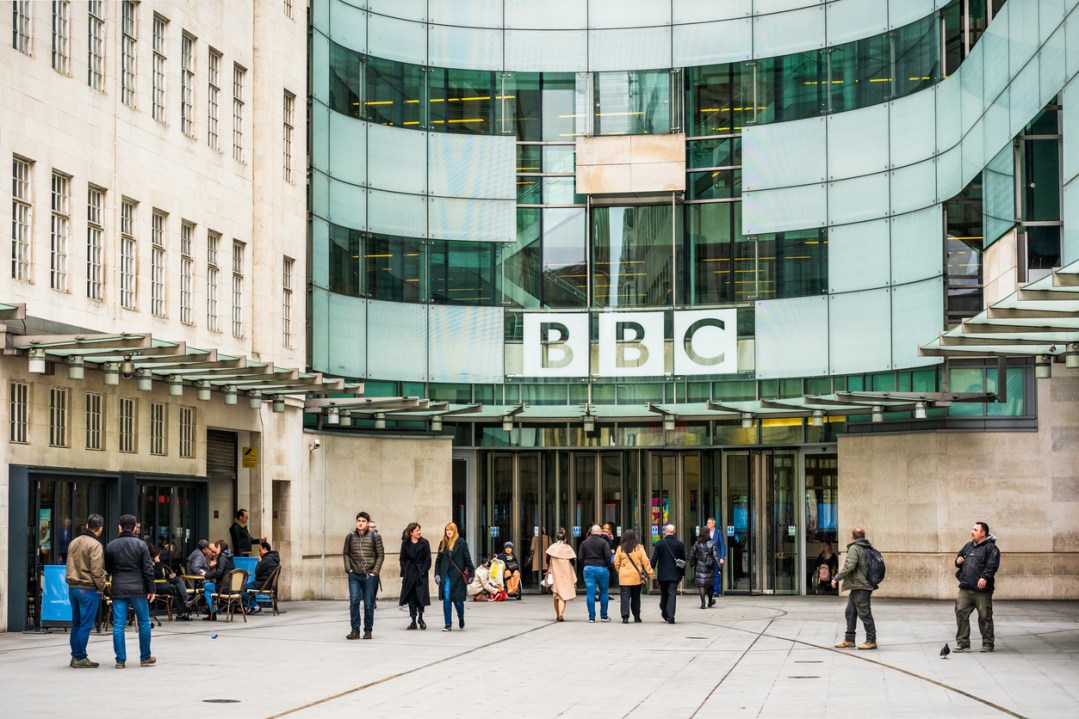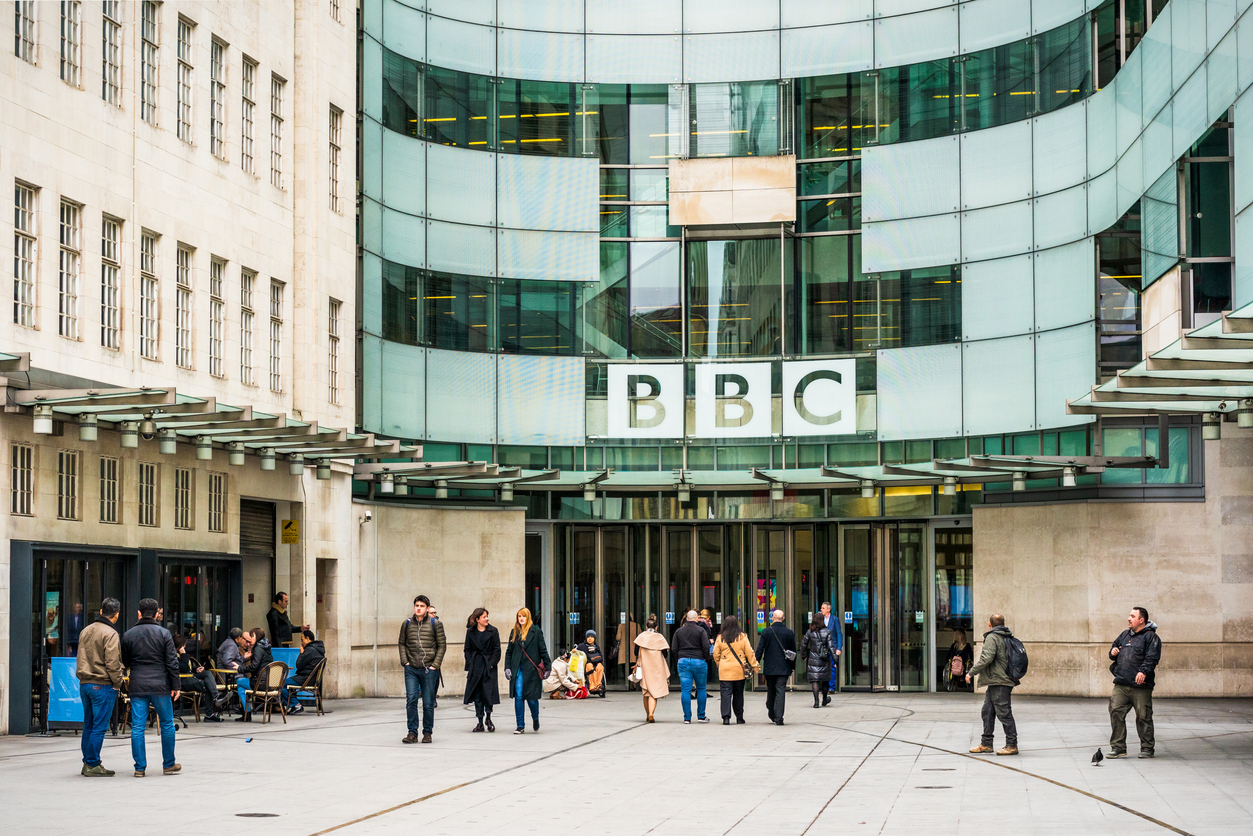The BBC is an organisation that in my experience is, generally, benevolent; and the broadcasting regulator Ofcom is full of good intentions too. But this week they have between them managed to concoct a policy that could weaken the corporation and increase dissatisfaction among its audiences.
In its annual report on the BBC, Ofcom swooped on what it saw as a greater unhappiness with programming among audiences in lower socio-economic groups – even calling them ‘disenfranchised’. In reply, the BBC has seemed to accept the criticism and told Ofcom that it will commission more TV content aimed at C2DE audiences ‘particularly lighter drama, crime drama and comedy drama, as well as factual entertainment competition formats and sports documentaries.’
If the BBC is to thrive it needs to break out of a box-ticking mentality
The immediate instinct might be to sob gently for a few minutes at the foolishness of regulators and some BBC managers. Ofcom has a track record of seeking to criticise the BBC, whether it’s for a perceived decline in trust or a failure to win over young people, when many of its competitors are doing even worse. The corporation still has enormous audiences, most of whom support the idea of public service broadcasting and the quest for impartiality – and consent for the licence fee remains surprisingly high.
If the BBC is to thrive it needs to break out of a box-ticking mentality and the targeting of specific groups, and instead think about how to make brilliant content for all its audiences. This is, after all, what it says it’s supposed to do. In his first speech as director-general in 2020, Tim Davie said he wanted ‘unique, high-impact work that is loved… more differentiated, “must-have” content.’ Quite right. He didn’t promise more factual entertainment competition formats, of which the BBC has recently served up multiple turkeys, from Gordon Ramsay’s Future Food Stars (‘tired, derivative and pointless’ said the Guardian) to Rob Beckett’s Unbreakable (‘meaningless, ill-conceived and excruciating’, according to the Daily Mail) both of which achieved neither critical approval nor decent audience figures.
It is patronising to assume that lower socio-economic groups want to watch rubbish on TV. Indeed, the evidence is that they don’t. In one Ofcom survey pre-pandemic, the top programme for C2DE audiences was David Attenborough’s natural history series Blue Planet. It is a similar story with ethnic minority audiences who, like all other groups of viewers, hugely enjoy Strictly Come Dancing. The fact is that if you get a strong mainstream show with high ratings then it will bring in more ‘underserved’ viewers than programming that risks being seen as dumbed-down. The best-known programme which does have a marked slew to C2DEs is Mrs Brown’s Boys, which is much less popular with the ABC1s, but it was innovative when it first appeared and it can hardly be said to have been underplayed by the schedulers.
The truth is that none of the greatest programmes have started from the premise that they’re aimed at a particular demographic. They originate from a sparky idea or a great writer or a talented production team. That was true of the explosion of creativity in the 1960s when ground-breaking dramas such as Cathy Come Home electrified the nation, and I am utterly sure that Dad’s Army was not the result of a focus group demanding better representation of older people from rural areas. More recently, it was thought wildly improbable that ballroom dancing would become such a popular feature of Saturday night television with millions of young fans.
By contrast, the condescending term ‘lighter drama’ and the ubiquitous ‘crime drama’ are precisely what the rest of the market is providing. Almost every broadcaster is producing stacks of factual entertainment competitions in which someone is voted out at the end of each episode; and we know that commercial channels can make a success of ‘Shark Week’ or ‘real-life’ documentaries in which exhibitionist people share their oddities in the name of entertainment. The BBC should steer well clear. If its programmes are interchangeable with everything else on your Electronic Programme Guide, then the battle is lost.
This is made even more acute when the BBC is having to make cutbacks because of the government’s freezing of the licence fee. Local radio stations in England and the award-winning Radio Foyle in Derry are being hacked back, and early next year the BBC News Channel will lose much of its UK content. Radio 4 is having to run more repeats, and there are fears about the future of orchestras. It is inevitable that efficiencies have to be found, but they should not be in the services which remain truly distinctive. The BBC should be confident about its traditional mission – and unrepentant about the things it alone can provide. The proper funding of Radio 3 and Radio 4 does matter; and original drama such as Line of Duty and comedy such as Fleabag will burnish the corporation’s reputation much more than a slew of cheaper daytime-type shows. The corporation should thank Ofcom for this latest suggestion and file it in the vaults of Broadcasting House, never to be revisited.







Comments